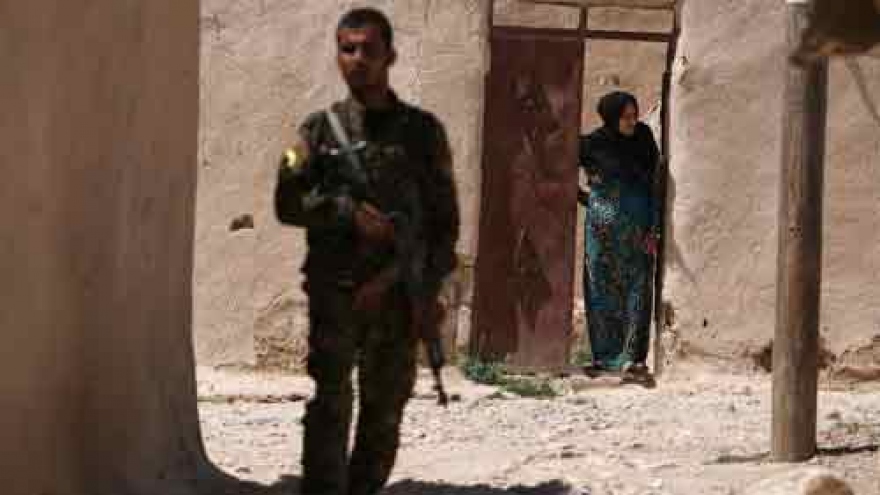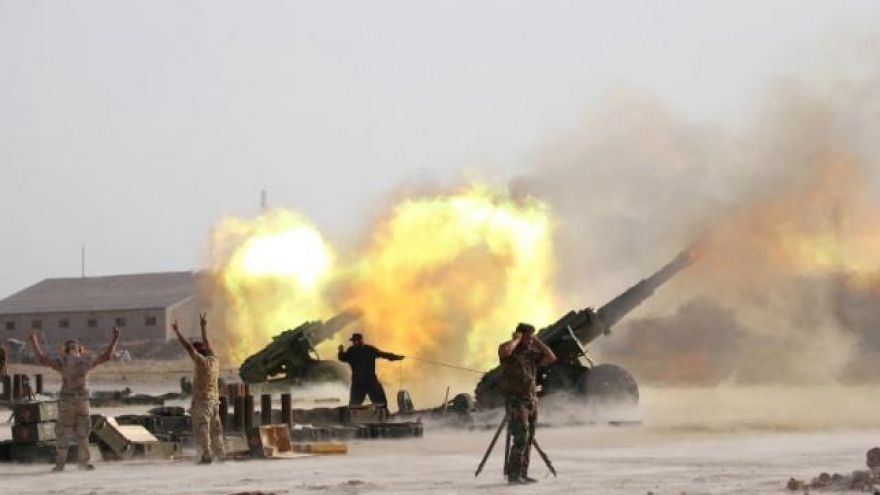Islamic pilgrimage, new tension in Iran-Saudi Arabia relations
VOV.VN - Differences over the Islamic pilgrimage to Mecca have once again increased tensions in Iran-Saudi Arabia relations.
Iran has recently announced that Iranians will not take part in this year’s pilgrimage to Mecca in Saudi Arabia, which begins in June.
This is the first time in 30 years that there will be no pilgrims traveling to Mecca from Iran, which has the largest Shia community in the world. The problem is that the two countries failed to reach an agreement on security for Iranians making the pilgrimage.
Saudi arrangements unacceptable to Iran
An Iranian mission concluded a visit to Saudi Arabia on May 27 without reaching an agreement on arrangements for Iranians traveling to Mecca. Iran’s Foreign Ministry said the problem is Saudi Arabia’s transit, safety, and visa arrangements. Tehran accuses Riyadh of deliberately trying to escalate tensions in the region.
Iran’s Hajj organization said Saudi Arabia is denying Iranians’ holy right to make their Hajj and obstructing their way to god. Saudi Arabia says Iran’s conditions are unacceptable and accuses Iran of politicizing the pilgrimage, pointing out that it is Iran who is responsible for banning travel to Mecca by its citizens.
After 464 people died in stampedes during last year’s Hajj, Tehran accused Saudi Arabia of ignoring safety regulations.
The May 27 meeting was the second attempt to reach an agreement on this year’s pilgrimage. A previous meeting was held in Saudi Arabia in April.
Historical upheavals
Differences over the pilgrimage are not the main cause of tensions. More fundamental are diverging religious beliefs and differing approaches to certain global issues. Most Iranians are Shiite and most Saudis are Sunni. Religious differences put them on opposite sides of every problem in the region such as conflicts in Syria and Yemen.
Saudi Arabia supports its Sunni allies against Iran-backed Shiites in Yemen and Lebanon. In Syria, Saudi Arabia is one of the countries demanding the resignation of President Bashar al-Assad, who is supported by Iran. Iran has accused Saudi Arabia of helping terrorists and Saudi Arabia has criticized the nuclear agreement between Iran and the P5+1.
Differences peaked when Riyadh severed diplomatic relations with Tehran on January 3, 2016, triggering the worst crisis in bilateral ties since 1980 after thousands of Iranians attacked the Saudi embassy in Tehran to protest the execution of Shia cleric Sheikh Nimr al-Nimr. Soon after, Saudi Arabia banned Iranian commercial flights from entering its airspace and stopped granting visas to Iranians.
Iran’s ban on its citizens’ pilgrimage to Mecca will have a negative impact on the fight against IS and the stability of an already volatile Middle East.


